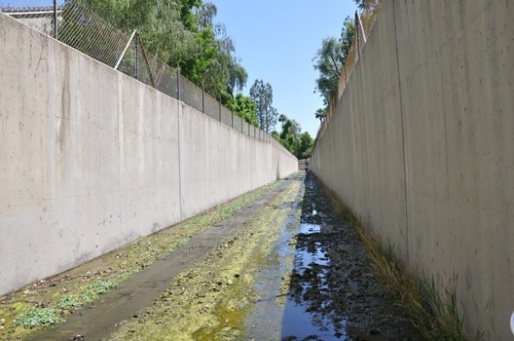Stream survey tracks biological degradation across Southern California

A five-year monitoring study of Southern California’s perennial wadeable streams has found that 75% of the region’s 4,300 miles of streams are degraded, with no discernable improvements in the health of the streams from 2009 to 2013.
The comprehensive study with the Southern California Stormwater Monitoring Coalition also identified the stressors most likely to be associated with degraded biological condition: sulfate, habitat degradation, and the nutrients nitrogen and phosphorus.
The study’s findings, which were published as a SCCWRP technical report in June, have paved the way for environmental managers to refocus their efforts, as the stressors that have historically received the most attention – metals, pyrethroids and toxicity – were found to be spatially limited or weakly associated with degraded biological condition.
The survey also has paved the way for a second, five-year monitoring cycle, which kicked off in 2014. The second cycle will be expanded to include nonperennial streams, a critical habitat that makes up more than half of all streams in Southern California.
The second cycle also will examine knowledge gaps concerning the biological impacts imposed by channel engineering and the linkage with biotic integrity.
For more information about the Stormwater Monitoring Coalition’s Regional Watershed Monitoring Program, which is facilitated by SCCWRP, contact Ken Schiff.
More news related to: Bioassessment, Indices of Biotic Integrity, Regional Monitoring, Southern California Stormwater Monitoring Coalition, Top News